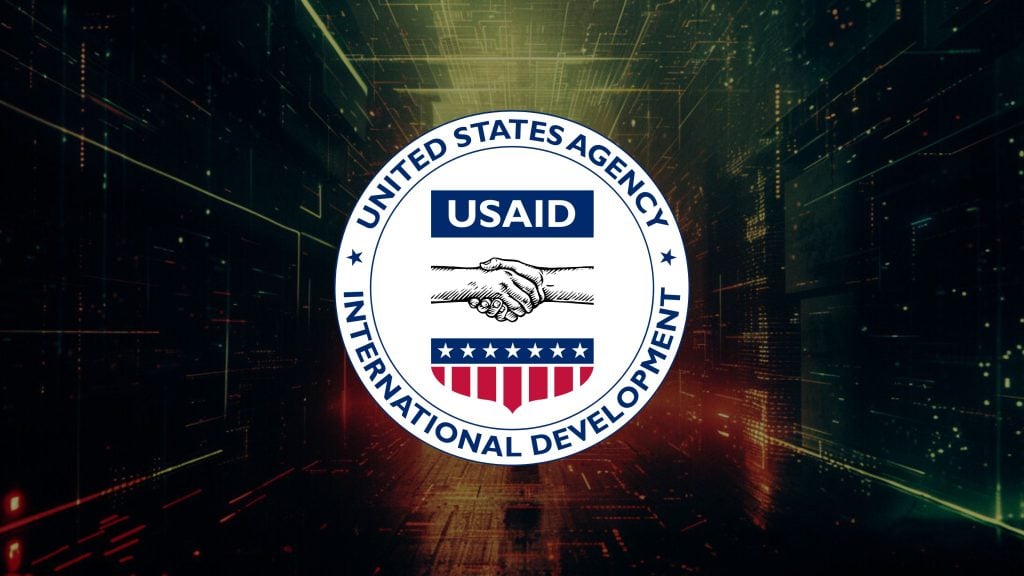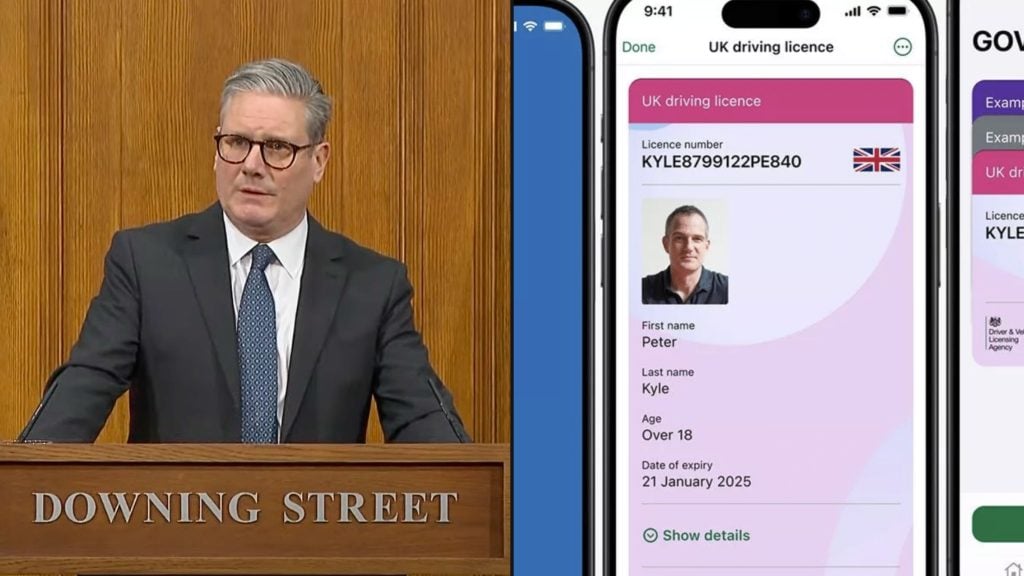US Senator Josh Hawley is looking to expand the US-China “tech wars” to another front – AI. The move was apparently sparked by the launch of China’s DeepSeek AI model, which has become very popular in a short amount of time.
Hawley, a Republican, responded by introducing the Decoupling America’s Artificial Intelligence Capabilities from China Act. Up to 20 years in jail and huge fines for those who “willfully” download DeepSeek are among some of the more striking possibilities stemming from the bill’s wording.
We obtained a copy of the bill for you here.
Some observers take “willfully” here to mean that a person not only downloaded DeepSeek but is also aware it is a Chinese app, which would then have to be proven in court – should Hawley’s proposal become law.
However, this could also affect, for example, Hugging Face, a US company that gives businesses access to code used in evaluating machine learning models, as well as cloud providers, who could no longer be able to host any Chinese models or apps.
Hawley explained his legislative effort as the need to ensure US “economic superiority” and that this requires preventing money and data flowing to Chinese products, and “cutting China off from American ingenuity” but also stopping what he called “the subsidization of CCP (Chinese Communist Party) innovation.”
Hawley’s announcement mentions DeepSeek by name, referring to it as a low-cost, data-harvesting model that has caused “international concern” – but also, sent US tech stocks “plummeting.”
The key goals of the bill are to prohibit both the export of AI technology to China, and import to the US; ban US companies from cooperating with Chinese companies to do AI research in that country; and ban US companies from investing in the development of Chinese AI.
The bill cites the Export Control Reform Act of 2018 as the legal basis and also threatens fines of up to $1 million and/or prison time of up to 20 years to those individuals who “willfully” violate the said ban.
Early critics of the bill point out that it would negatively affect public scientific research by putting up barriers between computer scientists in the two countries.
Companies that violate the ban on US-Chinese research would be punished with up to $100M in fines.











